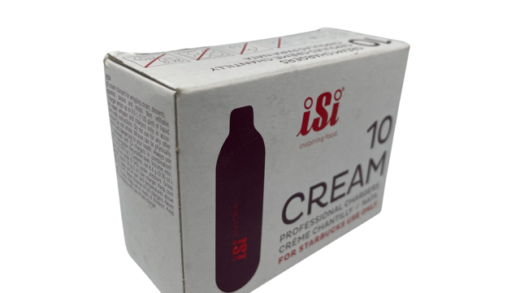In recent years, glutathione has gained significant attention for its purported health benefits. Known as the body’s master antioxidant, it plays a crucial role in neutralizing free radicals and supporting the immune system. But with growing interest in this powerful compound, many are wondering whether it’s safe to use glutathione over extended periods. This post explores the safety and efficacy of long-term use of glutathione, offering insights into its benefits, potential risks, and recommendations for anyone considering its use.
What is Glutathione?
Glutathione is a naturally occurring molecule composed of three amino acids: glutamine, cysteine, and glycine. It is found in every cell of the body and is essential for various cellular processes. Its primary role is to act as an antioxidant, protecting cells from oxidative stress and damage caused by free radicals. Glutathione also plays a role in detoxification, helping to remove toxins and heavy metals from the body. Visit Natural health woman UK where you will find lots of useful tips and advice about glutathione safe for long-term use.
Benefits of Glutathione
- Antioxidant Protection: The primary function of glutathione is to neutralize free radicals, which are unstable molecules that can damage cells and contribute to aging and chronic diseases. By mitigating oxidative stress, glutathione helps maintain cellular health and function.
- Detoxification Support: Glutathione is critical in the body’s detoxification processes. It assists in breaking down and removing harmful substances, including heavy metals and metabolic waste products. This detoxification support is essential for maintaining overall health and preventing the buildup of toxins.
- Immune System Enhancement: Glutathione plays a vital role in supporting the immune system. It helps regulate the immune response and enhances the activity of immune cells, which can improve the body’s ability to fend off infections and diseases.
- Skin Health: Many people use glutathione for its skin benefits. It is believed to help lighten skin tone and reduce the appearance of blemishes by inhibiting melanin production. Additionally, its antioxidant properties can contribute to healthier, more radiant skin.
Safety of Long-Term Use
When it comes to long-term use of glutathione, several factors must be considered to ensure safety:
- Natural Production: The body naturally produces glutathione, and in most cases, maintaining a healthy lifestyle with a balanced diet can support optimal levels of this molecule. Long-term use of external sources should be approached with caution and under the guidance of a healthcare professional.
- Potential Risks: While glutathione is generally considered safe, excessive use or high doses could potentially lead to side effects. These might include digestive issues, allergic reactions, or interference with other medications. It’s important to monitor for any adverse effects and consult a healthcare provider if any concerns arise.
- Individual Variability: The safety and efficacy of glutathione can vary from person to person. Factors such as age, health status, and underlying conditions can influence how an individual responds to glutathione. Personalized advice from a healthcare provider is essential for determining appropriate use.
- Quality and Purity: The quality and purity of glutathione products can vary widely. Choosing high-quality, reputable sources is crucial to avoid potential contaminants or ineffective formulations. Ensuring that products are manufactured by trusted companies can help mitigate risks associated with impurities or substandard ingredients.
- Interactions with Medications: Glutathione may interact with certain medications, potentially affecting their efficacy or causing adverse reactions. It’s essential to discuss any existing medications or health conditions with a healthcare provider before starting long-term use of glutathione.

Recommendations for Safe Use
- Consult with a Healthcare Provider: Before beginning long-term use of glutathione, it’s advisable to consult with a healthcare provider. They can assess your individual health needs, evaluate any potential risks, and provide personalized recommendations based on your specific circumstances.
- Start with Lower Doses: If you decide to use glutathione, consider starting with lower doses and gradually increasing if needed. This approach allows you to monitor your body’s response and adjust the dosage accordingly.
- Monitor for Side Effects: Pay attention to any changes in your health or potential side effects. If you experience any unusual symptoms, discontinue use and seek medical advice.
- Maintain a Balanced Diet: Supporting your body’s natural production of glutathione through a balanced diet rich in fruits, vegetables, and other antioxidants can be beneficial. Nutrient-dense foods can complement the use of external sources and contribute to overall health.
- Choose Reputable Sources: Ensure that any glutathione products you use come from reputable manufacturers with high-quality standards. Researching products and reading reviews can help you make informed choices.
Conclusion
Glutathione is a vital molecule with numerous health benefits, including antioxidant protection, detoxification support, and immune system enhancement. While it is generally considered safe, long-term use should be approached with caution and under the guidance of a healthcare provider. Individual responses to glutathione can vary, and potential risks or interactions with medications should be carefully monitored.
By consulting with a healthcare professional, starting with lower doses, and choosing high-quality sources, you can help ensure that your use of glutathione is both safe and effective. As with any health-related decision, informed choices and personalized advice are key to achieving the best outcomes.










